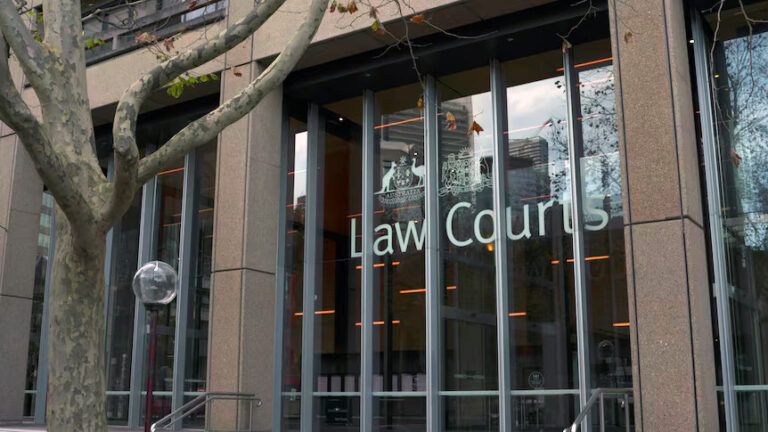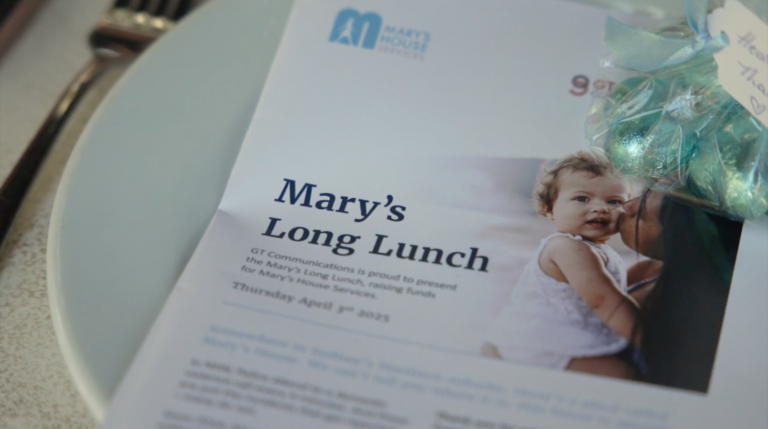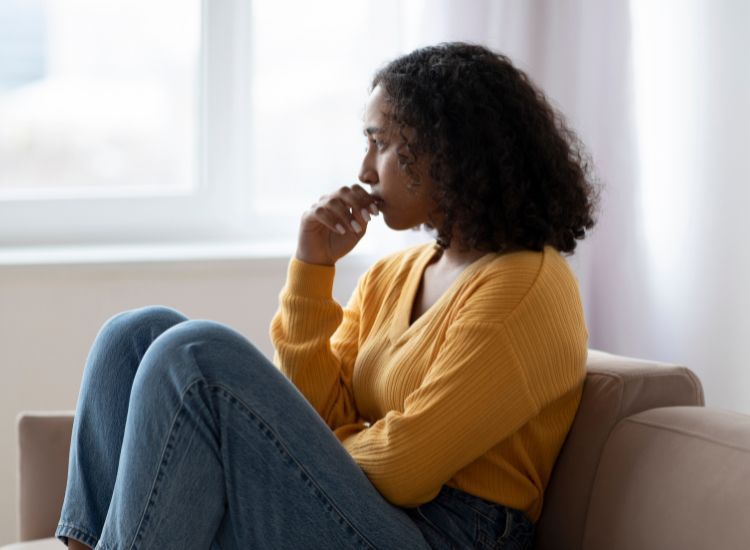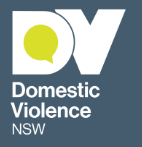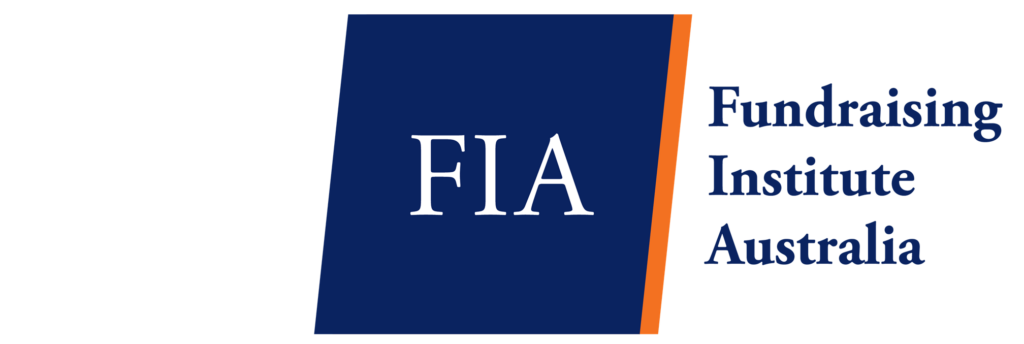Women and their children are being forced to go back to violent partners because they can’t find a home or afford to feed themselves and their children.
In a wealthy country like Australia, this is unacceptable.
As part of the 16 Days of Activism organised by the United Nations to help prevent and eliminate violence against women and girls, Mary’s House Services is calling for Federal and State Governments to increase resources and enhance processes and policy to improve the economic status of women and financially empower survivors of domestic and family violence.
Financial hardship and homelessness are two of the toughest issues facing survivors of domestic violence.
According to NSW Minister for Women’s Safety and Prevention of Domestic Violence and Sexual Assault, Jodie Harrison, up to 56,000 women across Australia are homeless every night and two thirds of them are without shelter because of domestic and family violence.
Last year more than 100,000 victim-survivors of domestic and family violence sought help from a homelessness service, but because of a lack of refuges and affordable housing, 3 in 4 of them were turned away. A shocking 8000 women ended up having to return to their abusive partners.
Earlier this year a senate inquiry found that Australia’s worsening rental crisis was only exacerbating the problem. Not only are survivors of violence often discriminated against by landlords, but they also struggle to afford the limited rental accommodation that is available.
The wait list in Sydney for social housing averages 15 to 20 years and while the NSW Government has taken some action recently, by building more refuges and affordable homes and offering survivors some additional rent subsidies, much more is urgently needed.
There also needs to be an improvement in post-separation property settlement processes because too often perpetrators deliberately cause delays in court procedures, arguing they are pursuing their legal rights, but in fact are simply continuing the abuse against their ex-partners.
One in six Australian women experience economic abuse by a partner. Abusers will do everything from stopping access to money to putting all assets in their name while putting all debt and bills in the woman’s name. Some will even use online banking systems to send abusive messages to their ex-partners.
Australia’s National Research Organisation for Women’s Safety (ANROWS) has reported that the economic difficulties that arise from an abusive relationship create hardship for women for years after they separate from a violent partner.
In a survey they found that women affected by violence were much likely to struggle with debt and paying bills. They were much more likely to need help from welfare agencies and even go without food to survive.
The impact of domestic and family violence and finding solutions is the responsibility of the whole community. At Mary’s House Services we run financial and legal clinics – one of the common issues we see is a lack of understanding among policy-makers and organisations, such as banks, courts and government services about the hurdles survivors of domestic violence face. There have been some great initiatives from some of the bigger banks recently, but often institutions don’t anticipate how far a perpetrator will go to exact post-separation financial revenge on a woman.
Child support is also often a way for an ex-partner to continue their economic abuse, by delaying or reducing payments. Often women are in too much fear of the perpetrator to do anything about chasing payments and unfortunately when perpetrators get away without paying there is no substitute payment from government to meet the shortfall.
Survivors of domestic and family violence also need more workplace-related support and more scaffolding to help them find and maintain employment, to gain or regain economic independence.
Research by ANROWS found that survivors who had good, well paid jobs were much more likely to stay out of family violence situations, not just because they have more financial stability and better housing choices, but also because employment builds their self-confidence and self-value.
Our specialist social workers at Mary’s House Services will tell you that there is no greater joy than watching a woman grow in confidence after separation from an abusive relationship. A couple of weeks ago, I received this joyful note in an email from one of our social workers: “ I received some good news today. A previous client was offered a job! She was not allowed to find employment while she was with her previous partner as her ‘role’ was to look after the children. I believe she hasn’t worked for over 12 years,” The client has children and receives very little financial support from their father, the perpetrator of abuse.
Helping survivors move from Mary’s House refuge into a safe and affordable home, get a job, enrol their kids in the local school and become part of the local community. This is part of why we do the work we do.
We could do so much more, with more support. Community support – financial, in kind, through encouragement and advocacy – means everything to me and my colleagues in the sector. I encourage you to support the 16 Days of Activism by making a gift to an organisation like ours or another you know of in this space – and please lobby your MPs for more support to save lives and give hope to the thousands of women and children impacted every day by domestic and family violence in this country.
To read more detail about how survivors of domestic and family violence are being forced into policy-induced poverty, I highly recommend this piece by Jess Hill in The Monthly. https://www.themonthly.com.au/issue/2023/december/jess-hill/how-change-bad-law
Photo credit; Katt Yukawa, Unsplash
